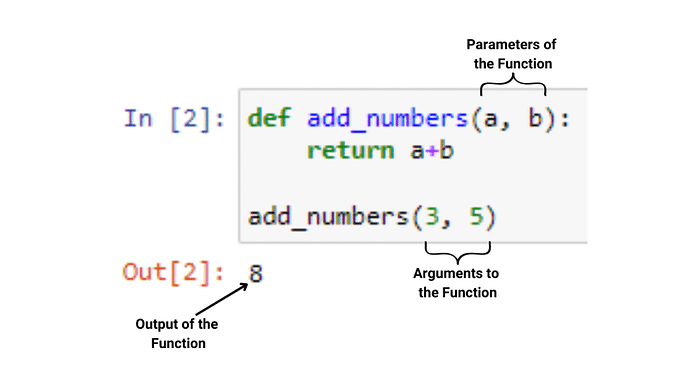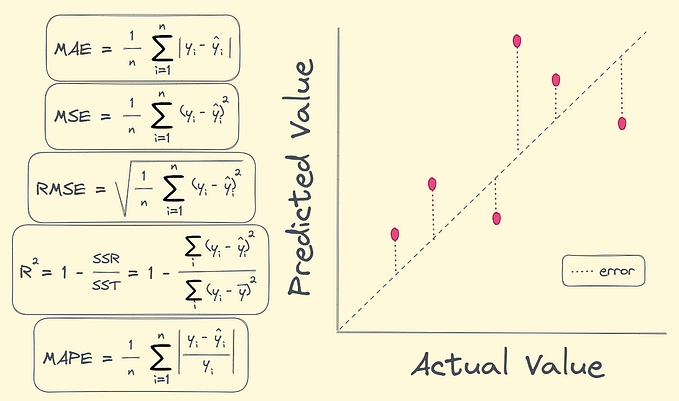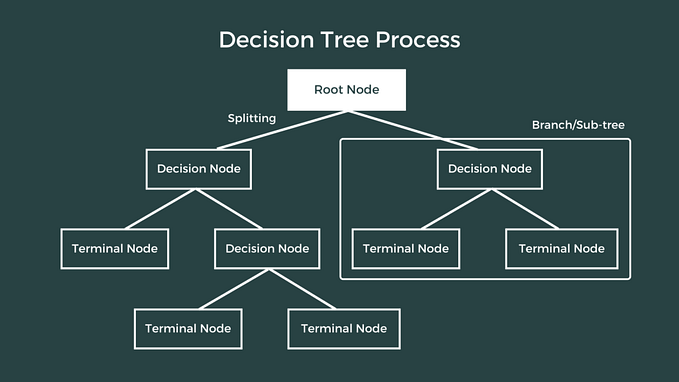
Positional Arguments:
These are the most common type of arguments.The values are assigned to parameters based on their order.
def example_function(a, b, c):
# a, b, and c are positional arguments
print(a, b, c)
example_function(1, 2, 3) # Output: 1 2 3
Keyword Arguments:
Values are assigned to parameters by explicitly specifying the parameter names.
def example_function(a, b, c):
print(a, b, c)
example_function(a=1, b=2, c=3) # Output: 1 2 3
Default Arguments:
Parameters can have default values, which are used if the caller doesn’t provide a value.
def example_function(a, b=2, c=3):
print(a, b, c)
example_function(1) # Output: 1 2 3
example_function(1, 4) # Output: 1 4 3
example_function(1, 4, 5) # Output: 1 4 5
Variable-Length Positional Arguments (Arbitrary Arguments):
Allows a function to accept any number of positional arguments.
def example_function(*args):
for arg in args:
print(arg)
example_function(1, 2, 3) # Output: 1 2 3
Variable-Length Keyword Arguments (Arbitrary Keyword Arguments):
Allows a function to accept any number of keyword arguments.
def example_function(**kwargs):
for key, value in kwargs.items():
print(key, value)
example_function(a=1, b=2, c=3) # Output: a 1, b 2, c 3
Combining Argument Types:
Functions can use a combination of positional, keyword, default, and variable-length arguments.
def example_function(a, b=2, *args, c=3, **kwargs):
print(a, b, args, c, kwargs)
example_function(1, 4, 5, 6, c=7, d=8, e=9)
# Output: 1 4 (5, 6) 7 {‘d’: 8, ‘e’: 9}






